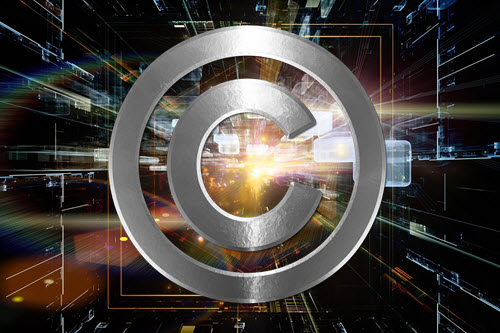U.S. Copyright Office Clarifies AI-Created Content
Human Touch Still Required
Copyright Office Clarifies AI-Created Content
In a much-anticipated clarification, the U.S. Copyright Office has officially ruled that works involving artificial intelligence (AI) can be eligible for copyright protection, but only when a human hand plays a meaningful role in shaping the final result. In short, AI can assist, but it cannot claim authorship.
What Counts and What Does Not
According to the Copyright Office’s latest guidance, the key to copyright eligibility lies in human creativity. If a person uses an AI tool to generate raw content—such as text, images, music, or video—that alone is not enough. Simply inputting a prompt into a tool like ChatGPT or Midjourney will not grant the user any copyright protection.
However, when a human substantially modifies, arranges, or transforms AI-generated material in a meaningful and creative way, the resulting work may qualify for copyright protection. For instance, generating a series of video clips with AI is not protectable on its own. But if a person edits those clips, crafts a storyline, and applies a unique editorial style, the composite work could be considered an original, human-created piece under copyright law.
Still a Gray Area
Importantly, the Copyright Office sidestepped one of the thorniest legal questions of the moment: whether AI systems trained on copyrighted works are infringing by default. That issue—central to lawsuits involving major AI platforms—is still very much in legal limbo and will likely require congressional or judicial intervention down the line.
Why It Matters
This ruling reaffirms a foundational principle: copyright is for people. AI may be a powerful tool, but it is still just that, a tool. Creativity, judgment, and interpretation must come from a human for legal protection to apply.
For artists, musicians, writers, content creators, and entertainment companies exploring the creative power of AI, this decision offers both opportunity and a caution. AI can expand your toolkit, streamline workflows, and spark innovation, but the human element remains legally indispensable.
As AI technologies continue to evolve and permeate creative industries, I expect the conversation around copyright, authorship, and ownership to get louder and more complex.
Click here to read up on the official release from the Copyright Office: https://www.copyright.gov/ai/.
Going forward, I will be moving to a video format with demonstrations of software, tools, and how to get the most out of AI in your business!
Colin Brown is the founder and CTO for Syncnet.com and has been working with NACVA since 1996.
Mr. Brown may be contacted by e-mail to cto@syncnet.com.










